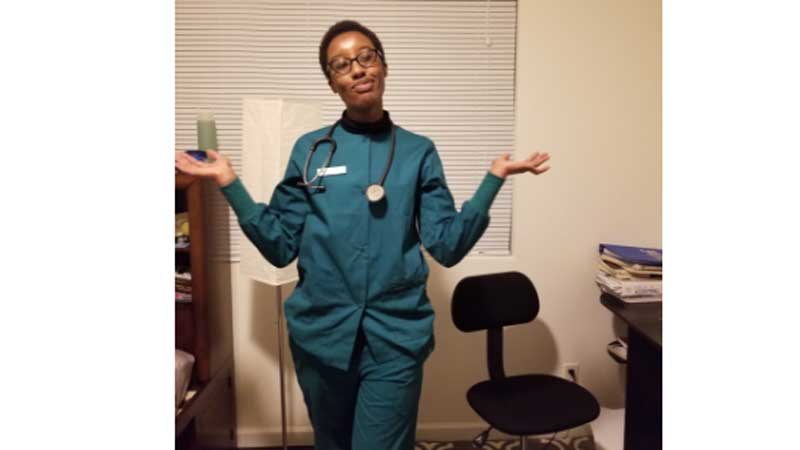×
The Standard e-Paper
Join Thousands Daily

Two years ago, a young Kenyan woman, a private investigator, left a cushy job and went to the US, the land of opportunities, to build a better life. But her two years there have been wrought with depression, racism and a spell on suicide watch.
“If I die, just call my cousins and tell them I want my body cremated. I don’t want to live to see people laughing at my mum because I never graduated liked the others...this is the end of the road for me. I am mentally, emotionally and physically drained.”